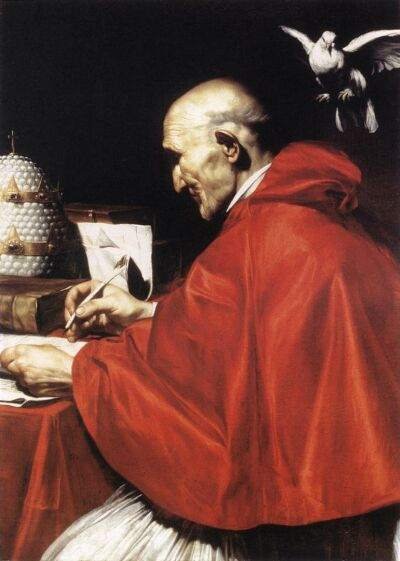I’ve been mulling for the past hour or two, thinking of my new Christian friend and how she might take that last post, and I feel I should make a quick follow-up. Why do I gripe so much about Protestant theology? Is it because I think it’s all wrong and that believing it means one …
Continue reading “The Rub with Protestant Theology: Why I teach what I teach”
